Ageing is no longer just a matter of counting birthdays—it’s a biological process that scientists are learning to measure with unprecedented precision. Armed with cutting-edge molecular ‘clocks,’ researchers are unlocking the secrets of how we age at the cellular level, offering insights that could revolutionize health, longevity, and personalized medicine. With growing public enthusiasm and increased funding, these biomarkers are paving the way for interventions that may slow or even reverse aspects of ageing. This breakthrough science is shifting the focus from merely extending lifespan to enhancing healthspan, bringing hope for a future where age is truly just a number.
How fast are you aging? What molecular ‘clocks’ can reveal about your health
New funding and public interest may reshape how we measure aging
Aging tests based on biomarkers are attracting sizable investments and widespread attention. Some researchers focus on DNA methylation; others monitor proteins and metabolic products to pinpoint the pace of physical decline. These approaches might one day help guide therapies that boost the number of healthy years. Many tests remain in early phases, and there is no single definition of “biological age.” Scientists often debate which markers are most accurate and how they apply to diverse groups.
Competitions such as XPRIZE Healthspan measure real-world impacts on muscle strength, cognition, and immune function, rather than relying on DNA tests alone. These efforts may clarify how new treatments can maintain quality of life as people grow older. Clock-style tests originated from studies linking certain methylation patterns to age and various health outcomes, though the reasons behind these patterns are still unclear.
Dentistry stands to gain from this work. Oral tissues can mirror overall well-being, so a saliva or gum test might spot disease early or show how well a person ages. Dentists could adapt care plans to preserve teeth, gums, and bone based on changes that relate to health beyond the mouth.
Many questions remain, and more evidence is needed before these tests become standard in clinics. Dental Tribune will share updates on the discoveries and how they might shape dental practice. The promise is significant, yet careful study is essential while these tools develop.
References:
1. Heidi Ledford, How quickly are you ageing? What molecular ‘clocks’ can tell you about your health. Nature 638, 874-876 (2025) doi: https://doi.org/10.1038/d41586-025-00566-6
2. Levine ME, Lu AT, Quach A, Chen BH, Assimes TL, Bandinelli S, Hou L, Baccarelli AA, Stewart JD, Li Y, Whitsel EA, Wilson JG, Reiner AP, Aviv A, Lohman K, Liu Y, Ferrucci L, Horvath S. An epigenetic biomarker of aging for lifespan and healthspan. Aging (Albany NY). 2018 Apr 18;10(4):573-591. doi: 10.18632/aging.101414. PMID: 29676998; PMCID: PMC5940111.
3. Belsky DW, Caspi A, Corcoran DL, Sugden K, Poulton R, Arseneault L, Baccarelli A, Chamarti K, Gao X, Hannon E, Harrington HL, Houts R, Kothari M, Kwon D, Mill J, Schwartz J, Vokonas P, Wang C, Williams BS, Moffitt TE. DunedinPACE, a DNA methylation biomarker of the pace of aging. Elife. 2022 Jan 14;11:e73420. doi: 10.7554/eLife.73420. PMID: 35029144; PMCID: PMC8853656.
Topics:
Tags:
The crisis of antimicrobial resistance (AMR) stems largely from the widespread misuse and overprescription of antibiotics across various sectors, including ...
New Delhi: In a significant policy move, the Indian government announced a ₹500-crore scheme to fortify the domestic medical device sector. The ...
Dr. Jason Griggs, Associate Dean of Research, School of Dentistry, University of Mississippi Medical Center, who was recently awarded the prestigious Wilmer...
BIRMINGHAM, UK: The link between periodontal disease and a range of systemic health conditions such as cardiovascular disease, Type 2 diabetes and ...
This guest editorial comes from Dr. Wenyuan Shi, Chief Scientific Officer and Chief Executive Officer of The Forsyth Institute – the only independent ...
Live webinar
Wed. 4 February 2026
5:30 am IST (New Delhi)
Live webinar
Wed. 4 February 2026
9:30 pm IST (New Delhi)
Live webinar
Fri. 6 February 2026
1:00 am IST (New Delhi)
Dr. Boota Ubhi BDS, FDS RCS (Edin), MDentSci, MRD RCS (Eng) Specialist, Cat Edney
Live webinar
Fri. 6 February 2026
6:30 am IST (New Delhi)
Dr. Zeeshan Sheikh Dip.Dh, BDS MSc, M.Perio, PhD, FRCDC, Dip-ABP
Live webinar
Wed. 11 February 2026
5:30 am IST (New Delhi)
Prof. Dr. Wael Att, Dr. Robert A. Levine DDS, FCPP, FISPPS, AOD, Dr. Larissa Bemquerer ITI Scholar at Harvard
Live webinar
Wed. 11 February 2026
9:30 pm IST (New Delhi)
Dr. med. dent. Sven Mühlemann
Live webinar
Wed. 11 February 2026
10:30 pm IST (New Delhi)
Prof. Dr. Samir Abou Ayash



 Austria / Österreich
Austria / Österreich
 Bosnia and Herzegovina / Босна и Херцеговина
Bosnia and Herzegovina / Босна и Херцеговина
 Bulgaria / България
Bulgaria / България
 Croatia / Hrvatska
Croatia / Hrvatska
 Czech Republic & Slovakia / Česká republika & Slovensko
Czech Republic & Slovakia / Česká republika & Slovensko
 France / France
France / France
 Germany / Deutschland
Germany / Deutschland
 Greece / ΕΛΛΑΔΑ
Greece / ΕΛΛΑΔΑ
 Hungary / Hungary
Hungary / Hungary
 Italy / Italia
Italy / Italia
 Netherlands / Nederland
Netherlands / Nederland
 Nordic / Nordic
Nordic / Nordic
 Poland / Polska
Poland / Polska
 Portugal / Portugal
Portugal / Portugal
 Romania & Moldova / România & Moldova
Romania & Moldova / România & Moldova
 Slovenia / Slovenija
Slovenia / Slovenija
 Serbia & Montenegro / Србија и Црна Гора
Serbia & Montenegro / Србија и Црна Гора
 Spain / España
Spain / España
 Switzerland / Schweiz
Switzerland / Schweiz
 Turkey / Türkiye
Turkey / Türkiye
 UK & Ireland / UK & Ireland
UK & Ireland / UK & Ireland
 International / International
International / International
 Brazil / Brasil
Brazil / Brasil
 Canada / Canada
Canada / Canada
 Latin America / Latinoamérica
Latin America / Latinoamérica
 USA / USA
USA / USA
 China / 中国
China / 中国
 Pakistan / Pākistān
Pakistan / Pākistān
 Vietnam / Việt Nam
Vietnam / Việt Nam
 ASEAN / ASEAN
ASEAN / ASEAN
 Israel / מְדִינַת יִשְׂרָאֵל
Israel / מְדִינַת יִשְׂרָאֵל
 Algeria, Morocco & Tunisia / الجزائر والمغرب وتونس
Algeria, Morocco & Tunisia / الجزائر والمغرب وتونس
 Middle East / Middle East
Middle East / Middle East
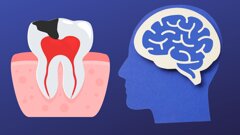
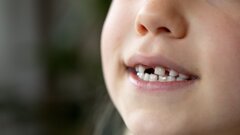
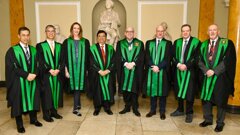
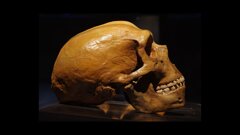






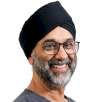



















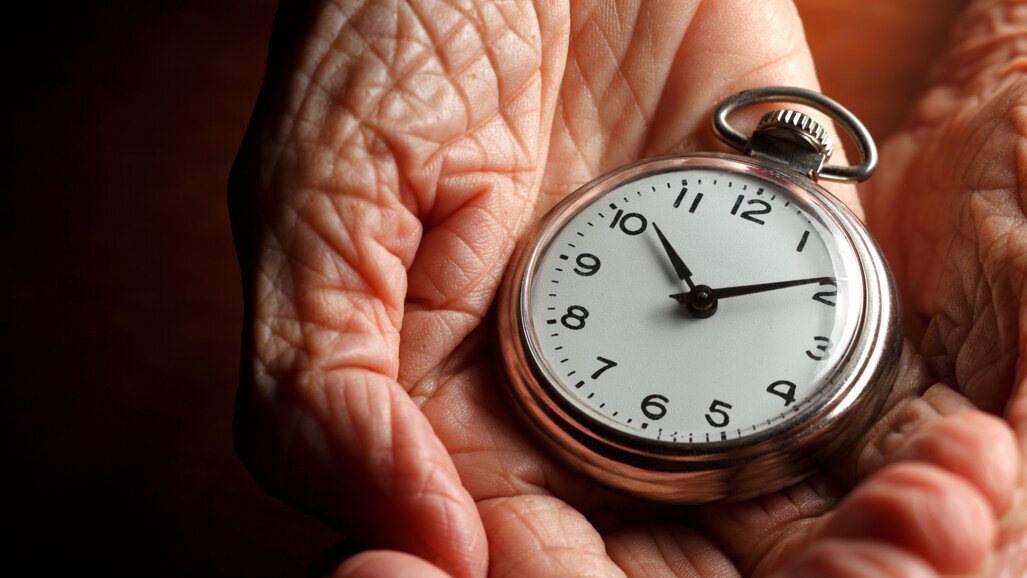


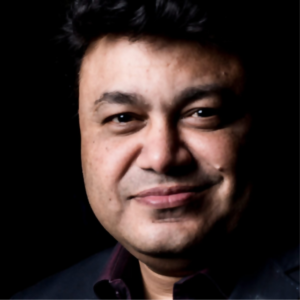
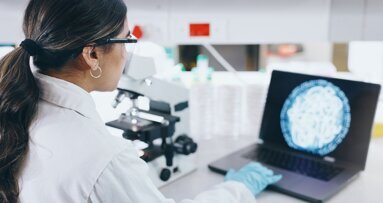

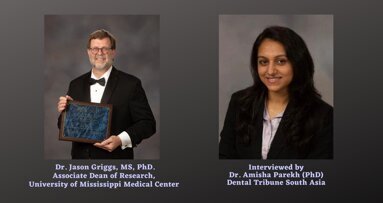


















To post a reply please login or register